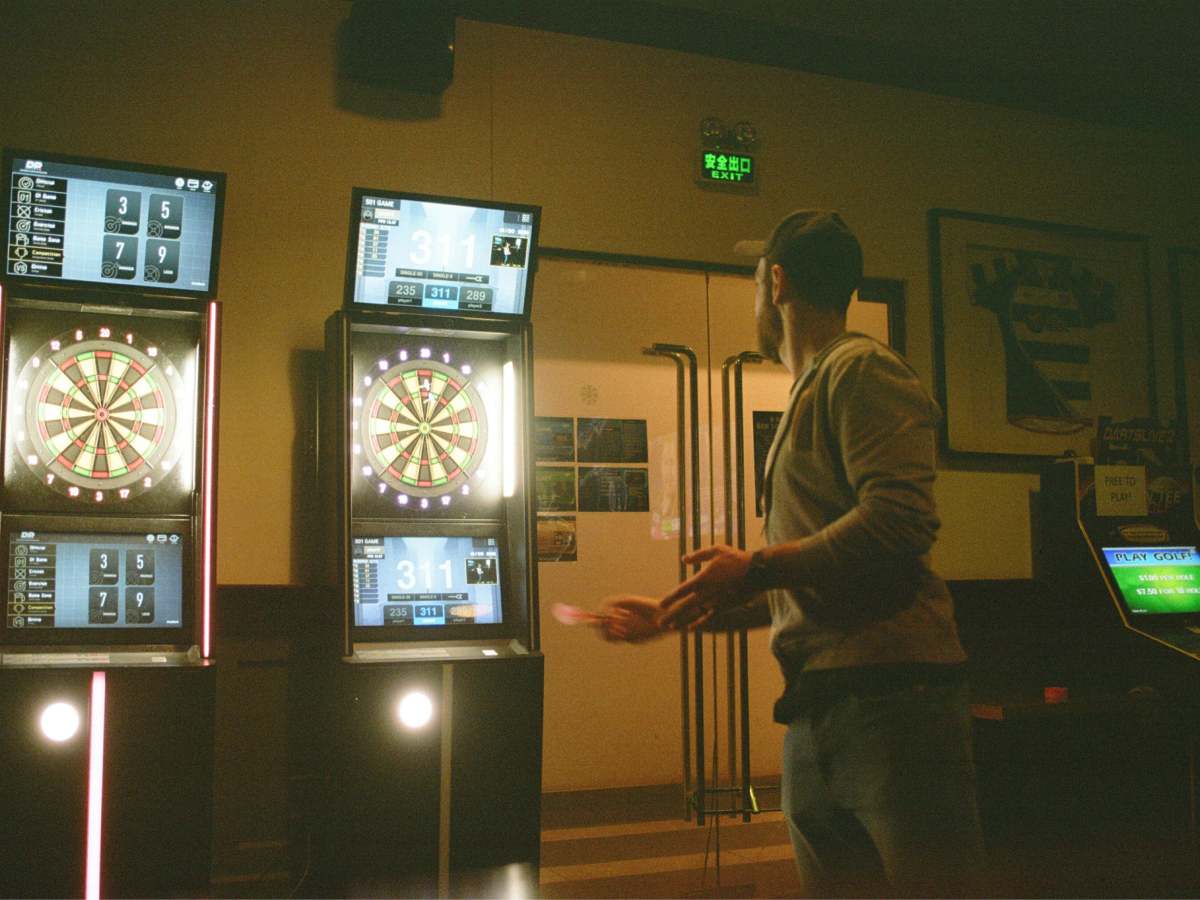The Illusion Economy: How Slot Systems Normalize Extraction

Table of Contents
The casino interface as a political structure
Design hides intention. That is the rule across most digital economies, including gambling platforms. What looks like freedom—choices, bets, games—is a form of scripted obedience. On some platforms, like those offering exclusive match previews on 20bet blog, the illusion feels even richer. But behind the color, the logic remains extractive. Interfaces are optimized to blur the line between autonomy and suggestion.
Buttons flash when expected. The brain receives its stimulus. But the agency? Gone. The user becomes performer. Every click trains the system. Every pause is registered. Gambling is no longer about risk. It’s about shaping patterns for data-driven economies that thrive on repetition.
Behind the numbers: a new form of surveillance
Slot logic teaches a brutal lesson. Play long enough, and you’ll see it’s never random. Probability is wrapped in aesthetics. Outcomes follow carefully adjusted margins. The system isn’t cheating—it’s calculating. And while traditional labor surveillance once required bosses, this version works silently. The screen replaces management.
You perform without knowing. You conform while believing in chance. You invest time without demanding wages. This is not merely entertainment—it’s a capitalist innovation. Like zero-hour contracts in disguise.
Gamification and soft discipline
Points, ranks, rewards. These aren’t fun—they’re discipline mechanisms. They reward compliance, not curiosity.
- Click to spin, and the system smiles back
- Click again, and you’re learning helplessness
- Miss a bonus, and fear of loss pushes return
It’s not just a game—it’s training in passive obedience. The kind capitalism adores.
Risk, class, and false equality
Everyone can lose. But not everyone can afford to. Casinos democratize entry, not outcome. A rich player loses amusement; a poor one risks essentials.
And still, both are told the system is fair. This is the violence of digital meritocracy. If you lose, it’s your fault. If you win, it’s the house’s permission. Risk isn’t shared—it’s sold.
Meanwhile, the language remains soft. Terms like volatility or payout curve blur sharp realities. Behind polite UI design, a brutal asymmetry flourishes.
The silent weight of near-misses
Almost winning is a feature. It’s designed to trigger response, to create urgency.
- The reels stop just short
- The bonus flashes, then fades
- The sound cues mimic triumph
But nothing changes. No gain. Just manipulation of perception, for a controlled illusion of progress. And progress, here, is always backward.
Three lies embedded in casino logic
- Every spin is a new chance
- Every player can succeed
- Time is not a factor
These myths drive revenue. But behind them: fixed returns, statistical certainty, and endless repetition. What looks like possibility is merely a loop.
Even “responsible gambling” tools exist more for liability than help. Self-limits are praised not because they work, but because they shift blame.
Casinos as metaphor for modern capitalism
The slot machine becomes the perfect symbol of capitalist labor:
- It promises reward
- It offers autonomy
- It hides the algorithm
In reality, it’s a loop built to exhaust. You produce value—for someone else. You call it play. They call it margin.
Just like freelance culture, just like social platforms, just like creative apps: freedom is the wrapper. Extraction is the core.
Aestheticized control and the algorithmic gaze
Control in the age of algorithmic feedback loops no longer needs a coercive face. Instead, it takes form through hyper-aestheticized environments—colors, audio signals, spinning icons—designed to keep attention locked while preserving the illusion of neutrality. The player is not merely observed, but continuously interpreted, categorized, and acted upon. Each hesitation is logged, each misclick fed back into predictive models. The result is not surveillance but seduction: a system that doesn’t just monitor behavior but preempts it through ambient manipulation. The interface is no longer a window; it is a mirror that edits.
The speculative worker and involuntary labor
Digital gambling reframes the user as a hybrid subject: neither fully consumer nor producer, but what could be called a speculative worker. Their role is to generate data flows, behavioral patterns, and microtransactions that sustain the economic architecture of the platform. Crucially, this labor is unpaid and unrecognized, masked under the premise of voluntary entertainment. Unlike the Fordist factory or the neoliberal office, this new labor regime extracts without contract, obligation, or even acknowledgment. It does not hire—you simply arrive, engage, and yield value in exchange for the suggestion of luck.
Entropy, repetition, and the commodification of uncertainty
At the heart of the digital gambling engine lies a weaponized form of uncertainty. Not the romantic uncertainty of possibility, but a commodified entropy—carefully calibrated to simulate chaos while producing calculable outcomes for the house. Each repetition reinforces a belief in randomness, even as the system maintains strict control. The user confuses pattern with potential, hoping that persistence will eventually crack the code. But the code was never built to be cracked. In this economy, uncertainty is the product, and belief is the currency it consumes.
